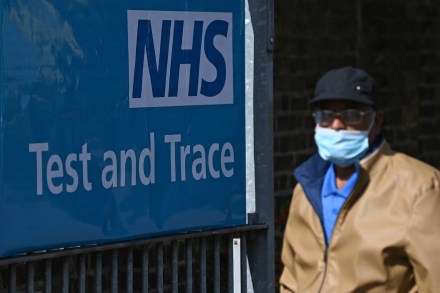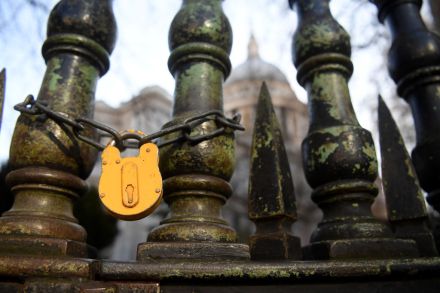What I’ll miss most in Lockdown II
A second lockdown won’t cause me much suffering. I don’t have a shop selling ‘non-essential’ goods (e.g. books) that will go out of business. As a freelance journalist, I’m not at risk of losing my job. I don’t have a life-threatening disease so I’m not going to die because my local hospital won’t admit me. I have only one elderly relative and she’s in our family’s ‘support bubble’. My biggest worry is that schools will close again, not least because one of my children is doing her A-levels next year and another his GCSEs. Boris has absolutely, categorically ruled that out so I give it about another week before he






















